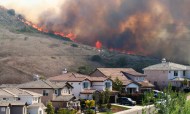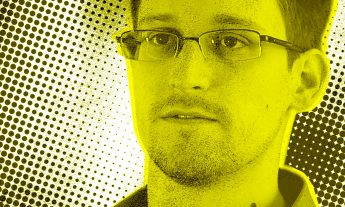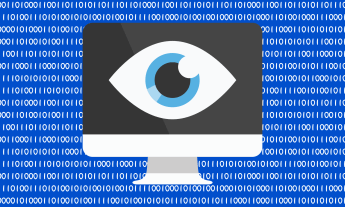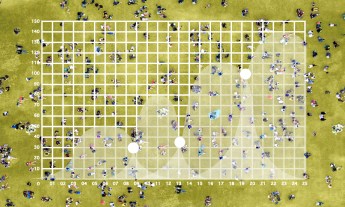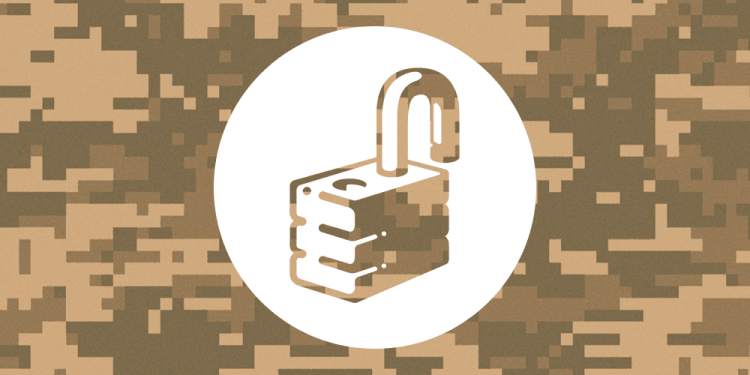
Government transparency has entered the national consciousness in a big way since the NSA revelations in 2013 touched off by Edward Snowden. But still, it’s a surprise to hear a military leader advocating a better system of sharing sensitive information. Even more so, to hear this from someone who was intricately bound up in the day-to-day goings-on of a “war on terror” that started in 2002 and doesn’t seem like it’ll end anytime soon.
In The military case for sharing knowledge, General Stanley McChrystal argues that the military needs to switch from a culture of “Who needs to know?” to “Who doesn’t know, that we need to tell immediately?” He may have retired from the armed services, but when the guy who commanded Joint Special Ops for five years in Iraq and Afghanistan says this kind of thing, it’s worth paying attention. Should we be alarmed that he describes an environment in which information is locked in secret hard drives and file cabinets, inaccessible even to closely related sectors of the military? Yes, and likely for more reasons than we’ll ever know.
Of course, the answer isn’t to open up everything to everyone. Transparency isn’t a panacea; sometimes it’s itself a burden, even a pretense meant mainly to, as they say in the service, CYA. Yes, Square sends all meeting minutes to the entire company, but is it likely they get read, or is it more likely they’re referred to in hindsight? Same with Facebook, publishing updated privacy policy on top of privacy policy, as if that actually informs people about what they need to know. The real “intelligence,” if you will, lies in knowing who needs to know the information you have. You don’t just dump everything on the Internet and expect people to be better informed — you use intelligence and empathy to actively perceive what information might be useful and necessary to your coworkers, your constituents, your audience. And then you share it with them.
[ted id=1992]
Icon by Scott Lewis from the Noun Project.









